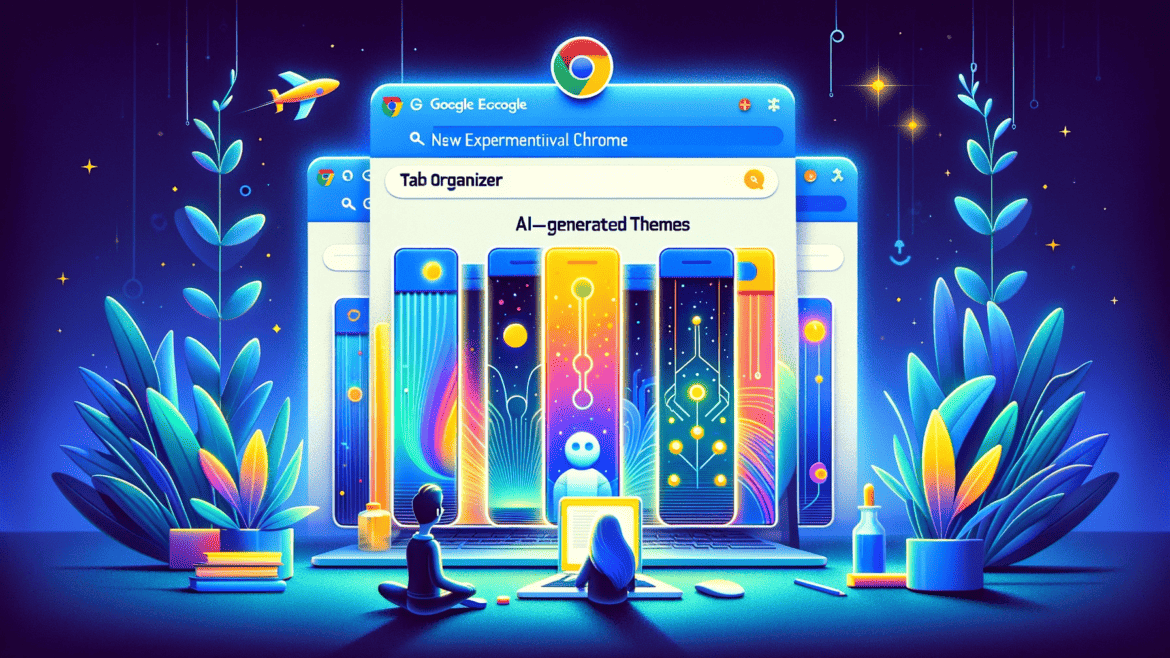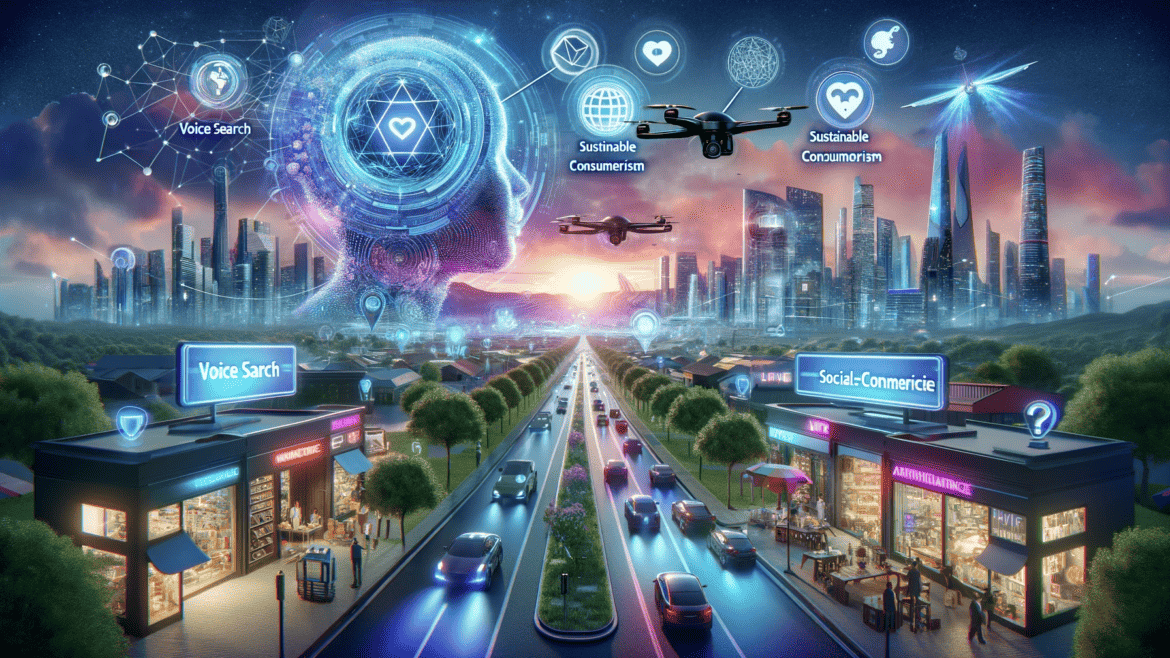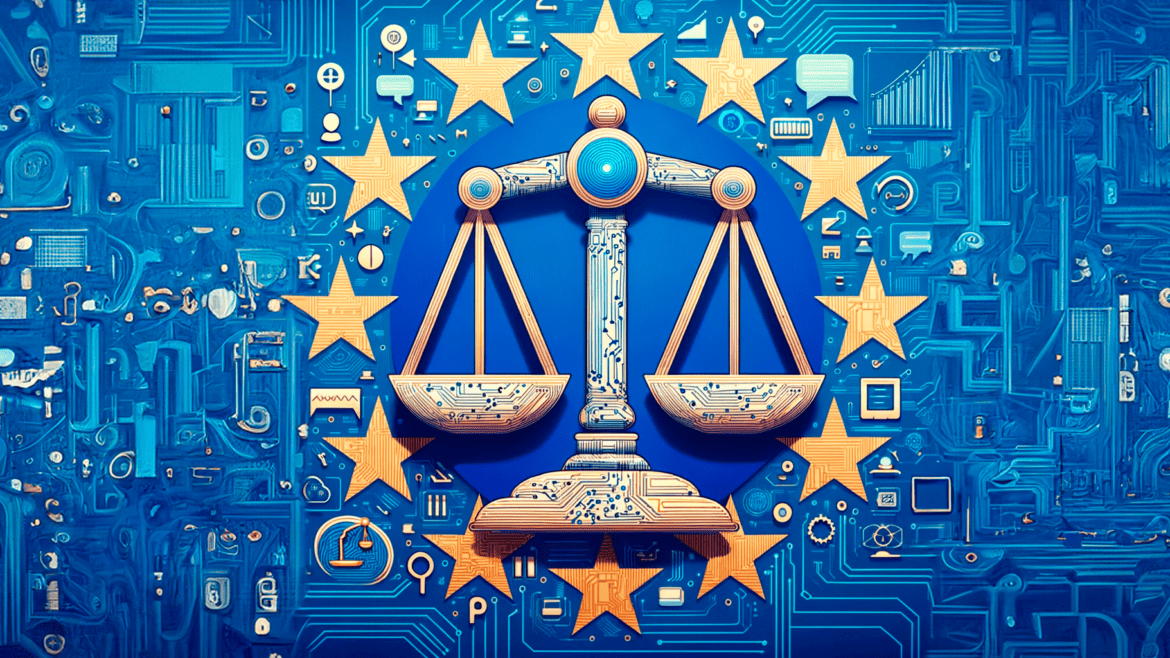In the ever-evolving world of technology, Google is once again at the forefront, introducing a trio of experimental AI features to Chrome. These innovations range from the highly practical to the whimsically intriguing, all while painting a picture of an AI-integrated future.
Tab Organiser
First up, we have the Tab Organiser. Imagine a world where your browser tabs are automatically sorted into neat groups, aiding in organisation and multitasking. This dream is about to become a reality with Chrome’s new feature. By simply right-clicking a tab, the Tab Organizer springs into action, suggesting and creating tab groups based on your open tabs. For those of us already using extensions like Skeema for this purpose, the integration of this feature directly into Chrome promises a more seamless experience. While Skeema offers a broader range of functions, the built-in simplicity of Chrome’s Tab Organiser is set to be a game-changer.
AI Gen Themes
Next on the list is AI-Generated Themes. This feature allows users to create custom Chrome themes using advanced text-to-image diffusion models. The best part? You don’t need to be an AI prompt whiz to use it. Just head over to “Customise Chrome,” and in a few clicks, you can give your browser a personalised makeover. It’s a novel and fun feature, though the novelty might wear off after the initial excitement.
Writing Assistance
Lastly, there’s the Writing Assistance tool. This feature is designed to help users express themselves more effectively in public forums and online spaces. By right-clicking a text box and selecting “Help me write,” users can leverage AI to articulate their thoughts with greater clarity and confidence. This tool epitomises the trend of integrating AI into virtually every aspect of our digital lives, enhancing even the most mundane tasks.
Google plans to roll out these features gradually over the next few days, with the writing assistant slated for release in a few months. Users in the U.S. on Windows and Mac platforms will be the first to experience these updates, although they won’t be available for enterprise or education accounts initially.
In Summary
Google’s latest AI features for Chrome are more than just updates; they are a glimpse into a future where artificial intelligence makes our digital experiences more organised, personalised, and expressive. It’s a future where AI isn’t just a tool but a partner in crafting a better, more efficient online life. Or is it?


